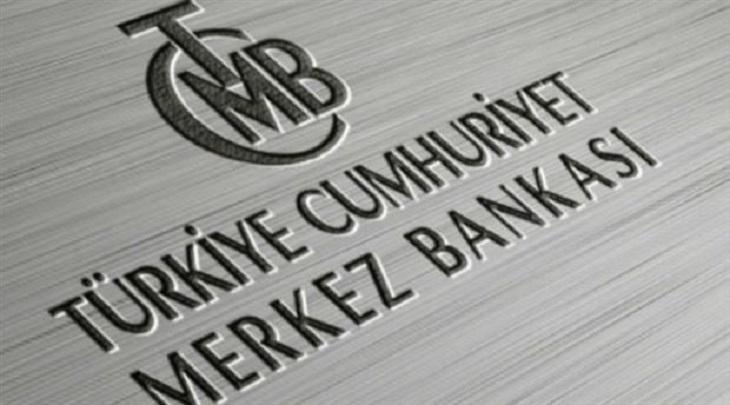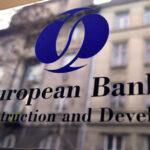By SERVET YILDIRIM
What happened at the Central Bank in the last 4.5 months reminded me of this idiom, which also been a name for songs and books.
Naci Agbal was appointed as the central bank governor on November 7, 2020. He then was dismissed with a midnight presidential decree on 20 March 2021. Critical steps were taken, important developments were achieved in this 4.5-month period. Let’s have a look:
>> Agbal gave strong messages regarding the fight against inflation and price stability during his term of office. He constantly emphasized that the tight monetary stance will continue until the inflation outlook improves, and even tighter if necessary.
>> In this framework, the policy interest rate, which is the main instrument of the Central Bank, was gradually increased by 8.75 points. Attention was paid to keep the real interest rate at a positive level, that is, to keep it above the expected inflation.
>> Interest rates were simplified. Money started to be turned back to the banking system through weekly repo, which is the main funding tool. The late liquidity window was pulled back to its former function as it should have been.
>> Changes were made in required reserve ratios in line with the market conditions and price stability target.
>> A more transparent and stronger communication was established. The bank started to announce its swap position weekly. Regular reporting has been made more comprehensive. The “inflation or growth” discussion was ended with a new discourse by the central government: “Price stability is the most important precondition for sustainable growth, employment and social welfare.” The Monetary and Exchange Rate Policy was presented for the first time in a press conference by the president for the first time after 4 years. Important steps were taken to strengthen communication within the framework of increasing the effectiveness of the policy.
>> The Central Bank shifted from “flexibility” to “predictability”. In the past, some flexibility was provided to the Bank with practices such as the wide interest corridor and the use of the late liquidity window as the main funding tool, but the predictability of the monetary policy in terms of the market was reduced. In the Agbal period, a commitment was made that the bank would be “more transparent and predictable regarding its activities in all respects”.
>> There has been a reversal of contradictory practices that have created confusion in recent years. Priority was given to development and implementation of the framework and communication policies, which were launched in 2006, while transitioning to the open inflation targeting regime.
As a result of these practices, confidence in the Central Bank and its policies started to be regained in this four-month period. The melting in reserves has been stopped. Foreign capital inflows started. Signals of rebalancing began to come from the economy. Turkish lira appreciated. The USD/TRY rate, which was 8.50 when Agbal took office, went down rapidly and saw below 7 limits. The rate was 7.22 when Agbal was dismissed.
On the other hand, the desired decline in inflation was not observed due to the ongoing effects of past shocks, explosion in credit supply and sharp exchange rate increases. The increase in commodity prices was also partially effective in this. Annual inflation was 11.89 % when Agbal was the governor, increased to 15.61% when was dismissed. However, everyone knows that the steps taken by central banks will reflect on prices with a certain delay. Therefore, we will see the delayed effects of the actions during the Agbal period in the coming months.
What happens next?
Significant uncertainty arose for the actors in the markets and economy after this surprise dismissal. The fact that the Central Bank Governor has been “dismissed” 4 times in the last 20 months will create a serious distrust regarding the policies implemented by the bank, the most important asset of which is reputation. The job of the Central Bank has become even more difficult from now on. The fight against inflation has become more uncertain. But the most fundamental issue of Turkey’s economy is inflation. Price stability is a precondition for macroeconomic stability.










